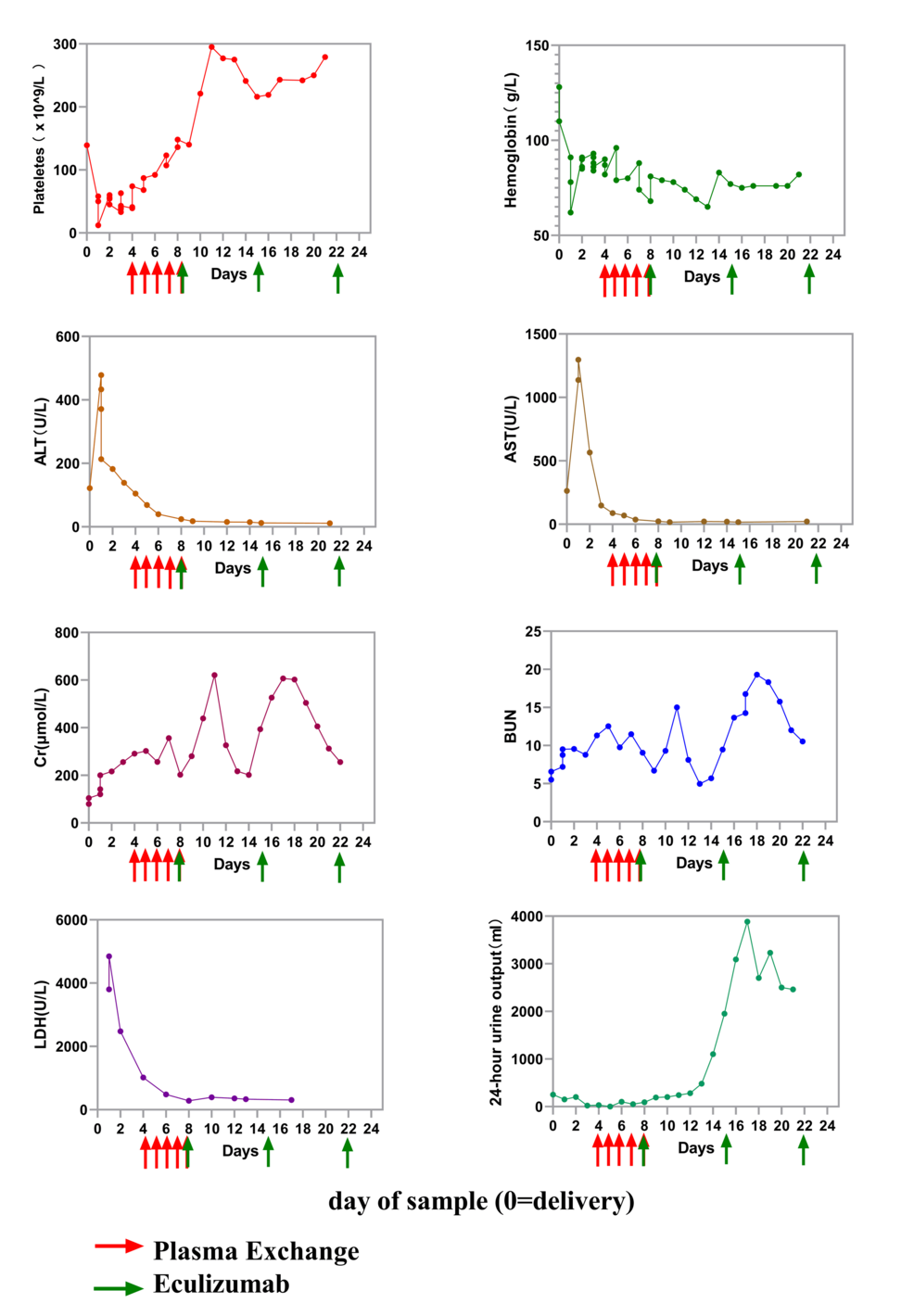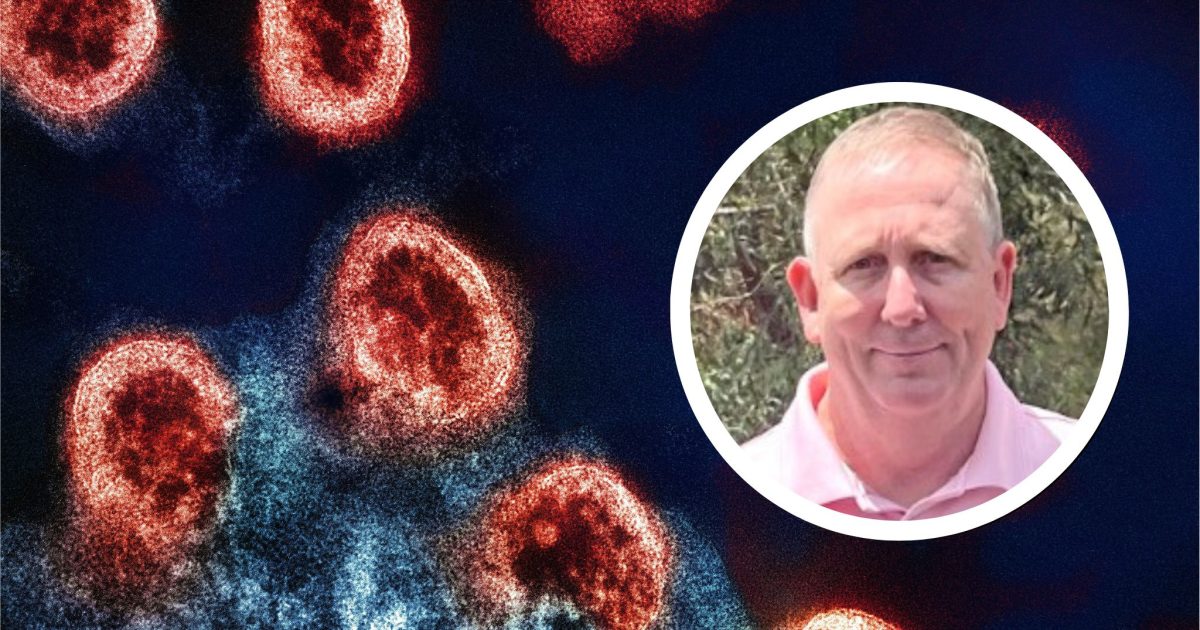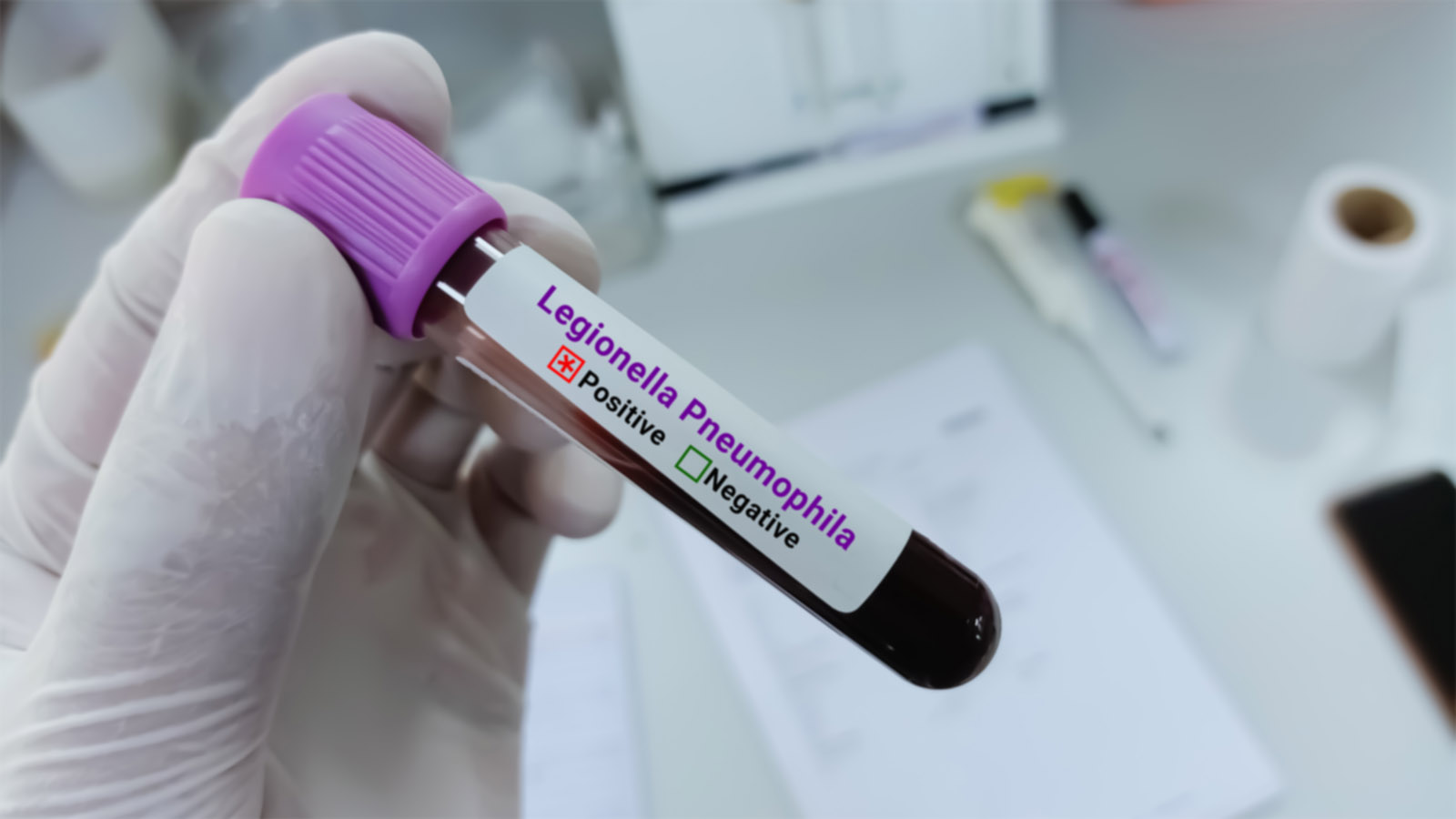Scientists Discover the Protein Behind Age-Related Memory Loss! Is Hope on the Horizon?

Did you know that a tiny protein could hold the key to reversing memory loss as we age? Researchers at UC San Francisco have made a groundbreaking discovery that could transform our understanding of cognitive decline in older adults!
The research team identified an iron-associated protein called FTL1, which appears to play a significant role in how our learning and memory functions deteriorate over time. Saul Villeda, PhD, the associate director of the UCSF Bakar Aging Research Institute, shared that this finding goes beyond just delaying or preventing symptoms of cognitive decline; it could pave the way for targeted treatments for devastating neurodegenerative disorders like Parkinson's and Alzheimer's disease.
The hippocampus, the brain's learning and memory center, is particularly susceptible to the effects of aging. In their studies, researchers observed an increase in neuronal FTL1 within the hippocampus of aging mice. This increase corresponded with noticeable cognitive deficits and fewer connections between brain cells, which are vital for memory and learning.
This exciting research involved artificially boosting FTL1 in young mice, which resulted in brain and behavior changes that mirrored those of older mice. The higher levels of FTL1 hindered the formation of synaptic connections, leading to a deterioration in memory for the young mice. Remarkably, their motor skills and anxiety levels remained unchanged, highlighting that the cognitive impacts were specific to memory and synaptic functions.
In a hopeful twist, when researchers reduced FTL1 levels in the hippocampus of older mice, they witnessed an impressive increase in nerve cell connections. The older mice not only performed better on memory tests, but they also exhibited cognitive improvements that made them appear more youthful!
The FTL1 protein is responsible for iron storage and metabolism in our brains. As we age, changes in our brain's iron metabolism lead to heightened levels of neuronal FTL1, contributing to cognitive decline. With this discovery, there’s a chance we could develop therapies that target and neutralize FTL1's effects, potentially restoring cognitive functions in the aging population.
Anti-aging expert Andrew Steele remarked on the discovery, emphasizing the importance of keeping our brains youthful for overall health and well-being as we age. However, while this research holds immense promise, it’s crucial to note that the findings were only observed in mice, and further exploration is needed to determine if it translates to humans.


























